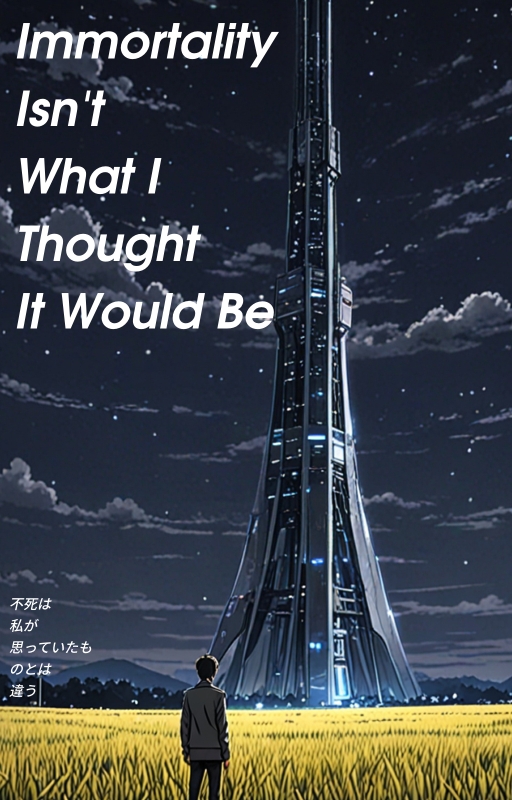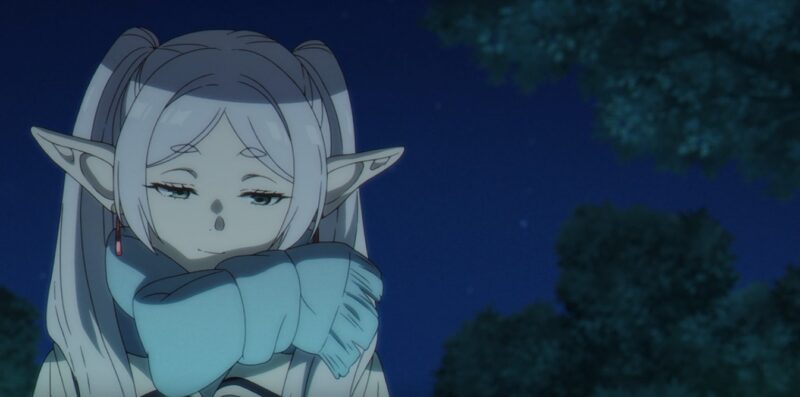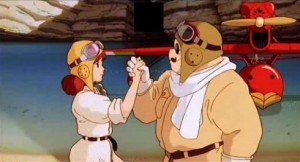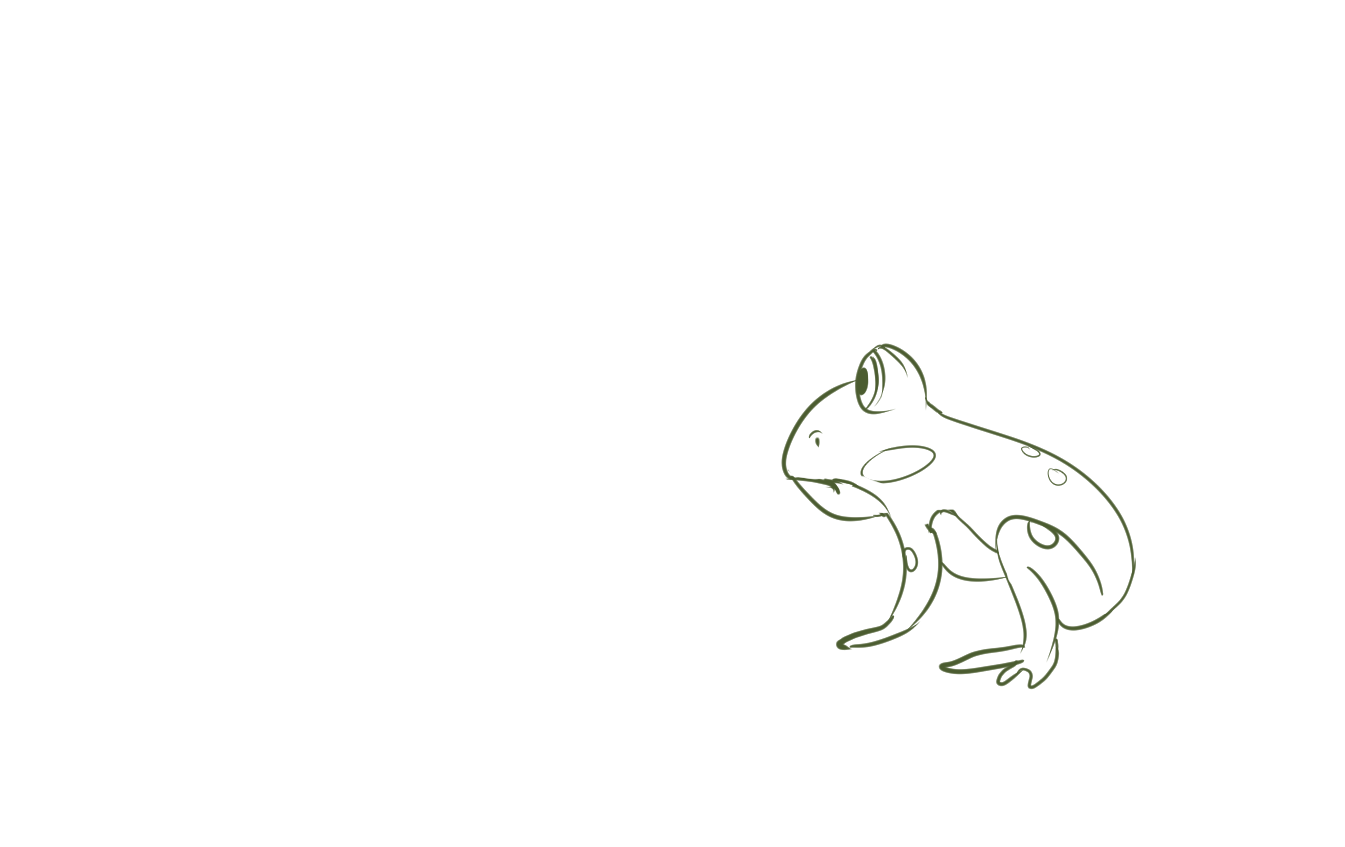This next year, 2025, will mark my 14th year of blogging about anime, the anime community, Japanese history, and all the other meanders I make here. JP began as a video game blog called Gamemories about a year before I changed over to blogging about anime. Some fragments of that blog still float around if you look. I changed the blog to help support a manga and anime club my girlfriend at the time handled at her library. So 2025 will mark my 15th year blogging if you want to get down to the fibers. But I don’t claim to know what I’m doing.
This past year has been one of experiments and changes in both my career and here on JP. I tried created a YouTube channel, and after making a year’s worth of videos and shorts, I decided I didn’t like scripting and making videos. I enjoyed the challenged of compressing a folktale into a less-than-1-minute short. But (and this is hypocritical of me) I believe we consume too much video and read too little, and so I was contributing to the problem without enjoying the process. I will keep “Tales from Old Japan” up, but I doubt I will produce many–perhaps zero–videos after the initial year-long schedule works through around June 2025. I will dedicate my limited life to writing text for reading instead of viewing….for now. I may change my mind in the future.
Speaking of writing, this year I experimented with writing longer articles. Most of the time, I target 1k-1.5k words. This takes me about an hour to compose–and several hours to research when such an article demands research. And with our attention spans diminishing year-by-year, I surmised this range would remain manageable for readers while giving me a little space to point toward a deeper context. This year, I decided to try a few essays ranging between 2.5k-3.5k words. This gives me more space to explore and explain. As Google, Bing, and the handful of other search engines people use have shift toward using LLMs (Large Language Models–AI) instead of providing search results, JP’s visitor statistics have declined quite drastically. If you like what I do here, you should subscribe to the email notices and bookmark the homepage. It’s possible one day search will be fully replaced by LLMs providing real-time results, removing the need to visit a website in the first place. Writers can only hope a few people will click the LLM’s reference link.
A few years ago, I shifted to writing articles in Markdown. Content Management Systems are becoming increasingly bloated and complicated; in the last several years I’ve debated about changing to an old-school flat-file system. In other words, move back to basic HTML-focused website like the days when I first played with the Internet (back in the early 1990s if you must know). The amount of work to move nearly 15 years of content to such a system is immense, which is why I haven’t done it yet. Using Markdown for writing is a move to help me should I decide to make such a move in the future. If I count pending drafts along with published articles–which some of them are image-only, some are short article experiments from many years ago, and a few are from guest writers at the dawn of JP–this article is number 960. Yes, I’m nearing 1,000 articles and over 1 million words.
I decided to dig out of my writing archive a memoir from my retail years and a light novel I wrote for fun. You can download If It Was a Snake It Would’ve Bit Me and Immortality Isn’t What I Thought It Would Be for free because 1) I didn’t pay for a thorough editing and 2) I just want you to read them! It’s hard–an understatement–to make a living as a writer. We focus on the exceptions, those few who “make it.” The majority of writers need to grind it out and settle for a realistic (read: small) readership and a day job. Of course, JP and releasing these works for no monetary cost further undermines the value of writing and of stories. People already see writing as something anyone can do, and now that we have software which generates serviceable, good-enough-for-most text, writing’s value nears zero even as it remains one of the most valuable skills we have. The free market rewards marketable art, which is writing and art on the shore of a vast sea. The market doesn’t reward what truly matters; instead, it rewards what is marketable rather than vital to humanity like writing and the arts are. Look at how valuable literary works fail to sell during the authors’ lifetime. Look at how the market pays athletes more than teachers, who provide more far reaching value to the market. Athletes, however, are more marketable. The visual arts face a similar problem as image generating models improve and decrease the cost to monetarily free. I say monetarily because we pay using our personal information, but few people realize the true value of their personal information. If you aren’t paying money for something, you are the product. But I’m meandering.
As for my commercial writing, I didn’t publish anything this year. I dedicated the year to revising and writing my many novels and nonfiction projects. I plan to release at least one of them, perhaps the third book of the Teahouse Mysteries series, in 2025. I have 16 manuscripts in various states of revision and completion with a long, long list of pending projects. My energy is limited, sadly, or I would have more finished and, perhaps, released.
I write ahead for JP. In fact, I have more than a year’s worth of articles sitting in queue. This gives me flexibility to write as ideas comes to me. My story and “serious” nonfiction writing follows a set schedule of 1k minimum words Monday through Friday when drafting a project. I tend to write JP’s articles in batches, producing several in a week and then writing nothing at all for several weeks. Part of this is because I don’t like to write about an anime until after I’ve finished it and thought about it. Writing ahead so you can publish on schedule is the best advice I can give anyone who wants to make a website or even a YouTube channel. Looking back on 2024, a few articles stand out as my favorites to write, even if they aren’t the most important topics. These aren’t the best written articles, but I’m leaving them here for if you missed them.
Death to Kanji! The Movement to Eliminate Kanji during the Meiji Restoration
Researching this article surprised me. I hadn’t realized how many Japanese intellectuals despised their own writing system: kanji. As I continue to fail at learning more Japanese, I sympathize and, I daresay, agree with the intellectuals who wanted to ditch kanji. But then, I had to take special English classes as a kid; I couldn’t learn English despite it being my native language without special techniques. I have hearing damage, and I’m slowly going deaf, which makes language learning a bit difficult. Tonal languages are…frustrating…when you can’t hear tonal variations. Although Japanese isn’t really a tonal language, the way people speak it make words fall into my hearing dead zones. I can’t tell the difference between “ga” and “ka” and “na” sounds, for example. They all sound the same or, depending on the speaker, become a silent syllable, a silent gap in a word or sentence. “O” and “no” and “mo” also suffer from this problem, depending on the speaker and the tone of the word they attach to. “Tr” sounds like “f” to my ears, which had led to some funny English and Spanish sentences I’ve had to decipher and even funnier stories from when I was a kid. Ditching kanji and using romaji may have helped learners like me work out how to compensate for their hearing problems without memorizing a vast word catalog that doesn’t represent the sounds as readily as English letters or hiragana.
Why Are Anime Obsessed with Big Boobs?
This article is a revisit and an expansion on one of my oldest, evergreen articles. The question appears simple at first, but it remains one of the most common questions. And it doesn’t have a simple answer. I found new research which helps explain the preference and trends across the world. Media has an impact on how we understand and view our bodies.
Japanese Book Guide: 27 Books You Ought to Read About Japan
We have an obsession with new things, but old doesn’t mean bad. Many of the books I included on this list are quite old, but they remain useful for understanding Japan’s past and present. We all need to read more.
Men Live in Despair. What Can be Done?
Men struggle with depression, body-image problems, and many other issues. I’ve witnessed these problems among the men I know. As with so many modern problems, if we look back into history, we can find some useful advice and solutions. I present a few observations and solutions for this problem from Japan and from China.
Frieren: Beyond Journey’s End, Facing Death and Memory
Frieren hit me hard last year and this year. I’ve found myself in Frieren’s position with the deaths of two friends last year, the death of my grandmother this year, and many other partings. Death is the unfortunate side effect of getting older. I admit that this anime brought me to tears and does whenever I think of it. This article about Frieren‘s exploration of death and memory was a hard article for me to write.
Finally, 2024 presented many interesting anime. I found Frieren: Beyond Journey’s End one of the best anime of the year as I eluded to a moment ago. It presents a mature story–a rarity among anime stories nowadays–which examines the role of death and other endings in life. My second pick (and a tie) for best anime for 2024 is Spice and Wolf: Merchant Meets Wise Wolf because that series remains one of my favorites, and I’m please to see it receive a thorough treatment. I hope the anime will make it to the end of the first light novel series.
So that’s the end of 2024. I’m well past the half-way point in the average male life expectancy. The loss of my 97-year-old grandmother this year and the loss of two friends last year, both of whom were around my age, has left me well aware of my mortality. The Japanese wisdom to always remember death stays uncomfortably with me. As does the idea that a wise man keeps his child’s heart. Our workaday requirements for survival chafe under both of these realizations. All we can do is learn to be content, to accept our limits while working at our maximum within those limits, and to not look at extrinsic measures of achievement. Contentment carries a negative reputation in our “bootstrap” culture which teaches us to always seek more and do more. It mistakes acceptance and contentment with resignation, laziness, and lack of ambition. But if you cannot learn contentment, you live poorly, flung about by the whims of a culture and the time period you fail to question.
In 2025, you may see more articles which touch on these indulgent philosophical digressions of mine. They sit in the queue, waiting. I hope you will indulge a fool his midlife crisis writing (a joke–I’m quite content and happy with my small garden, as I call my corner of life). I’ve finished my anime revisit series, but there are some more anime awaiting another revisit, perhaps in 2025.
Thanks for your continued reading and support!






I just now saw this article and wanted to send you a wave and a salute to all that you’ve done with this site. It’s been such a fun resource to have and it’s been immensely fun to show my friends. Thank you for keeping the ink flowing 🙏
Thank you! I don’t have any plans of stopping any time soon.
I’ve generally thought my blog’s visitor numbers have declined, mostly because people now have shorter attention spans and spend more time on social media. But I had also considered that part of the blame lies with LLMs providing real-time results, saving people the time and effort of digging through the blog like they used to. It’s definitely a shift in how people consume information—quick answers over deeper reading!
I’ve seen a trickle of traffic from LLMs, including Deepseek. If LLMs consume search and traffic (not to mention dominate content creation), it’s possible we might see Internet users bifurcate, if we haven’t already: those who use the Internet the old way and everyone else. I agree with you that social media encouraging shorter attention spans doesn’t help matters. Libraries and books certainly have taken the brunt of the quick answers over deeper reading problem!
As a fellow hiker, I enjoyed glancing through the blog you linked! Thanks for sharing.
Looking forward to more of your writing!
Wasn’t a good year for me and a lot of people I know, struggling with intermittent jobs (including a short stint as English teacher, and I agree with you about being underpaid!) but at least I used what time and money I had to start learning a foreign language (Arabic, in my case, for economic reasons). I also used to learn Japanese several years ago but nowadays the prospects of securing a Japan-related job are non-existent where I live and, sadly, I have to consider languages as means to a financial end first and foremost instead of a cultural resource. But learning a foreign language also requires money and time and may not accessible to many people.
I hope 2025 improves for you on all fronts. You’re right about learning a foreign language requires money and time with books, applications, and more. Free options can only take you so far.